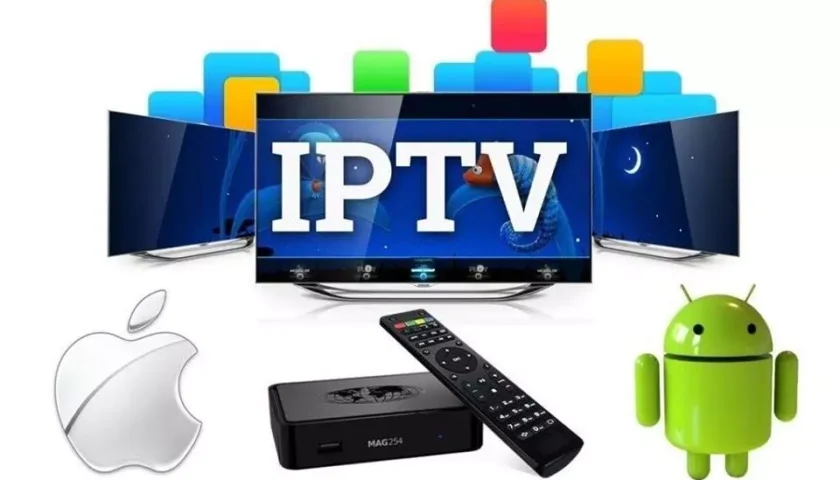In the ever-evolving landscape of digital entertainment, Internet Protocol Television (IPTV) has emerged as a game-changer, revolutionizing the way we consume TV content. This article aims to provide a detailed exploration of iptv provider services, covering everything from what surfiptv is to its benefits, challenges, and the future it holds.
What is IPTV?
IPTV, or Internet Protocol Television, is a technology that delivers television services over the Internet Protocol (IP) networks. Unlike traditional cable or satellite TV, which transmit content through cables or radio waves, IPTV utilizes the internet to stream content directly to your device. This can include live TV channels, on-demand content, and interactive features.
How Does IPTV Work?
IPTV operates through a series of complex processes. Initially, content providers encode TV programs into digital signals and compress them. These compressed signals are then transmitted over high-speed internet connections to the end-users. Viewers can access the content through various devices, including smart TVs, computers, smartphones, and dedicated surfiptv set-top boxes.
Benefits of IPTV Services
- Flexibility and Accessibility: IPTV allows users to access their favorite content from anywhere with an internet connection. Whether at home or on the go, viewers can enjoy their preferred shows without being tied to a specific location.
- Multifunctionality: In addition to live TV, IPTV services often provide on-demand content, catch-up TV, and interactive features like video-on-demand (VOD) and electronic program guides (EPG). This multifunctionality enhances the overall viewing experience.
- Cost-Effective: IPTV can be a more cost-effective solution compare to traditional cable or satellite TV, as users can choose specific packages and only pay for the content they consume.
Challenges and Considerations
- Bandwidth Requirements: High-quality IPTV streaming demands a reliable and robust internet connection. Users with slower internet speeds may experience buffering and lower video quality.
- Content Licensing Issues: IPTV providers need to navigate complex content licensing agreements, and unauthorized distribution of copyrighted material can lead to legal issues.
- Security Concerns: As IPTV relies on the internet, security concerns, such as unauthorize access to content or potential malware threats, need to be addressed by service providers.
The Future of IPTV
As technology continues to advance, the future of IPTV holds exciting possibilities. Some trends to watch include:
- 4K and Beyond: With the increasing availability of high-speed internet. IPTV services are likely to offer more content in 4K and even 8K resolutions.
- Integration with Other Services: IPTV may become more integrated with other internet-based services, such as social media, gaming, and e-commerce, creating a seamless and immersive digital experience.
- Personalization: Enhanced recommendation algorithms and user profiling could lead to more personalized content recommendations. Ensuring that viewers get content tailor to their preferences.
Conclusion
IPTV services have undoubtedly transformed the way we consume television content. With its flexibility, accessibility, and potential for future advancements. IPTV is poise to remain a key player in the ever-evolving world of digital entertainment. As technology continues to progress, users can expect even more innovative features and improvements in the surfiptv provider landscape. Making it an exciting space to watch.

